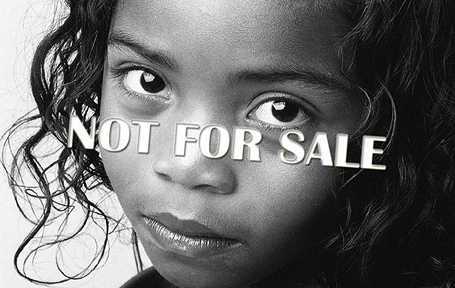The uncertainties for women in tourism
By Albertina Almeida and Anita Pleumarom
The 1995 Beijing Platform for Action recognised the adverse impacts
of tourism by addressing the issues of sex tourism and the
commodification of women that is taking place therein.
As it stands, Country Reports refer towards Beijing-plus-20 allude to
rural women being trained for tourism enterprises. But unfortunately,
the training often does not assist women because women are generally
disabled from participating in enterprises through a dominant tourism
and economic development model that is fraught with inherent problems
and poses a threat to the hard won economic, social and cultural rights
of women worldwide and, more particularly, in tourism destinations.
 There are apparent contradictions in the way, in which tourism has a
bearing on women. There are apparent contradictions in the way, in which tourism has a
bearing on women.
Bearing
On the one hand, women have reached top positions in the tourism
industry.
But the other side to it is how ordinary women workers in the tourism
industry are forced to live with discrimination, sexual harassment and
exploitation, job insecurity, poverty wages and the fickleness of
tourism.
Worse, the swallowing of the tourism industry by giant tourism barons
threatens small and medium enterprises run by women and proper gainful
employment/income for women.
The priorities given to this giant tourism industry also have a
negative bearing on the access to basic resources of land, housing,
staple food such as vegetables and fish, water/potable water, sanitation
facilities and firewood.
The industry pushes the host countries into debt. Moreover, a big
chunk of the revenue from tourism is channelled back to the
tourist-sending or developed countries and the multinational chains that
hold the reins of the various facets of the tourism industry.
Resources that women recognise and use, and also similarly care
services that women provide, often have no visibility.
As a result, women are not factored in development decisions and
cannot express their needs and interests. Where they are consulted, it
is done in a token way to give the impression of a participatory
process.
All these problems also drive forced migration with its attendant
hardships for women.
The setting up of hospital hotels in the line-up for medical tourism
results in a brain drain from public hospitals and a low priority for
basic health concerns such as the increasing incidence of anemia in
women.
Infrastructure
With emphasis on infrastructure for the tourism industry, community
infrastructure and basic services - transport, roads, health and
education facilities - are being neglected.
Laws that are enacted in the name of protecting the environment -
such as anti-pollution, coastal zone regulation and wildlife protection
laws - are often relaxed for tourist resorts through a legal sleight of
hand, while the very same laws are reconfigured against marginalised
sections like fishing communities.
The lives and livelihoods of coastal communities are put in disarray
by the tourism industry, which only holds out tinsel toys of immediate
large sums of money for those whose lands they hope to acquire with no
sustainable livelihood in sight.
The incidence of crimes against women is also suppressed. Such crimes
are rarely acknowledged and hence remain unaddressed - to convey the
image of a safe and peaceful place that tourists are looking for and to
escape negative travel advisories from tourist-sending countries that
can adversely affect tourism.
The World Tourism Organisationís mission is to promote tourism as a
driver of economic growth and inclusive and sustainable development.
However, economic growth needs a redefinition in terms of the
beneficiaries of that growth and the method of that growth, so that the
Beijing Platform for Action can be acted on in true spirit.
Action
As the Commission on the Status of Women is meeting this week to take
stock of the implementation of the Beijing Platform for Action,
representatives of UN Member States, civil society organisations and UN
entities should recognise the numerous barriers that contemporary
tourism poses and that prevent women from accessing their rights.
They should also be aware of the nature of tourism development that
makes women lose their rights so that the prevalently oppressive and
exploitative tourism industry does not take centre stage in the garb of
protection and promotion of womenís rights.
- Third World Network Features.
|

